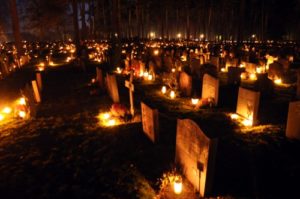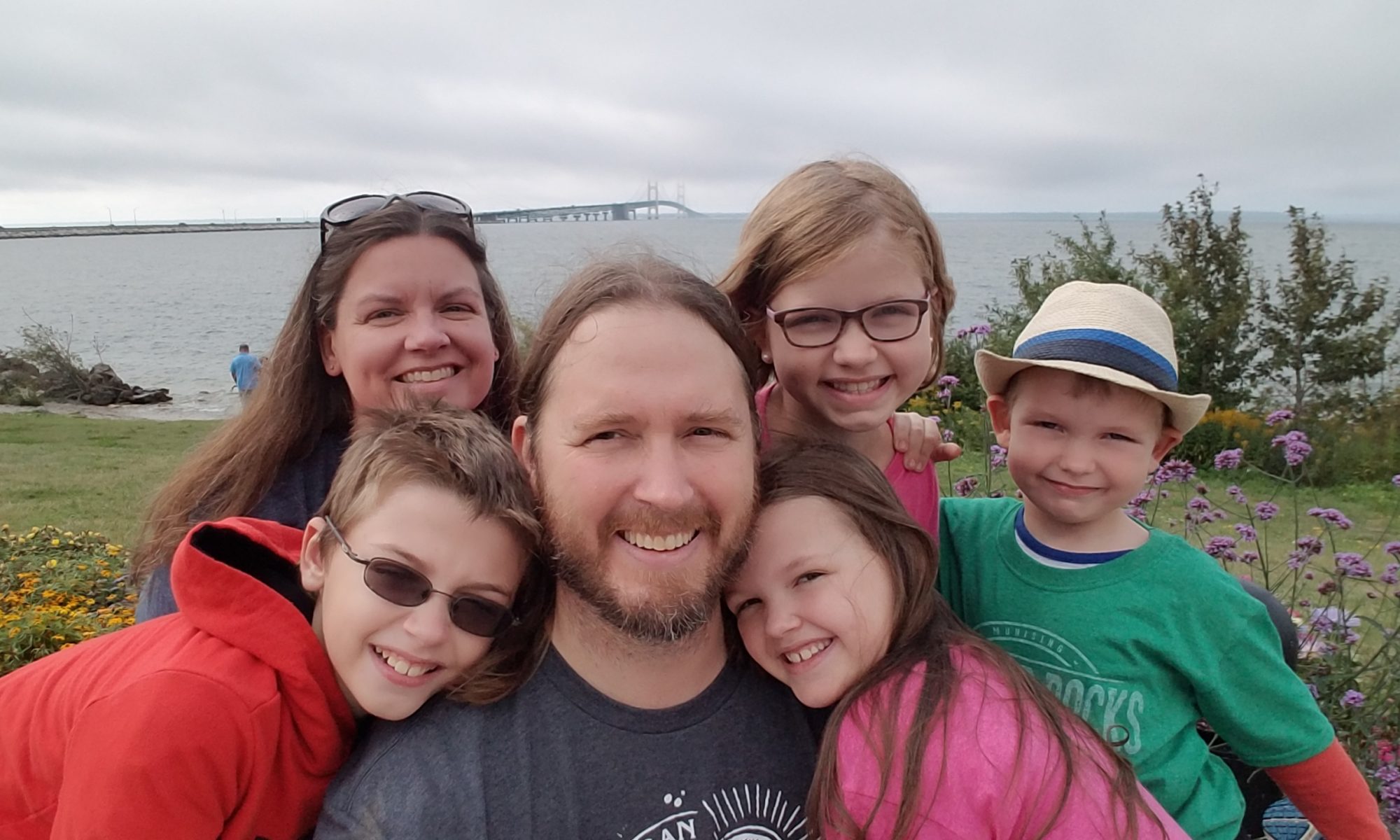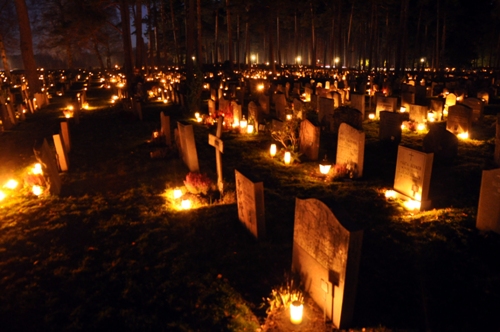 It is a happy coincidence on this Feast of All Saints, after just experiencing the frivolity of Halloween with my children last night, that I am working through CS Lewis’ brilliant little book, “The Great Divorce.” It is even happier, that I am working on chapter 9, and find in it, some interesting commentary on “ghosts.”
It is a happy coincidence on this Feast of All Saints, after just experiencing the frivolity of Halloween with my children last night, that I am working through CS Lewis’ brilliant little book, “The Great Divorce.” It is even happier, that I am working on chapter 9, and find in it, some interesting commentary on “ghosts.”
The contrast from the horror of All Hallow’s Eve to the celebration of the Feast Day of All Saints is also a tension. It’s interesting to think about the purpose of Horror. Peter Leithart just wrote a quick piece on that in “First Things.” He takes time to reflect on Terrence Rafferty’s review in The Atlantic of a Guillermo del Torro movie. He wrote:
“Rafferty thinks that horror enthusiasts are also childlike: ‘Horror is for those whose sense of dread is more primitive, or less mundane. It’s for people who never outgrew their belief that the world is infinitely mysterious, and that its unknowability is the source of both terror and pleasure.’”
It is interesting here that we have mystery connected to both terror and pleasure as we consider both the fear in horror and the joy in the redemption of the saints.
Also, Leithart singles out the use of horror as a genre to help people cope with real evil. He cites Rafferty again:
“Along the way, Rafferty offers this intriguing analysis of Robert Eggers’s The Witch (2015): ‘the children here belong to a family of devout 17th-century Puritans settled on a sere, ungiving patch of land. Their brand of religion, which lacks devotional imagery, and their spare and dutiful way of life leave them oddly defenseless when bad things start to happen and the world (or God) seems to turn against them. In the absence of art and play, their belief in evil becomes something unendurable, a pure torment. . . . If only this unfortunate family had pictures to look at, effigies, shrines to what they fear, they might be able to survive the evil around them.’”
It’s fascinating to think of horror playing this role in our imaginative lives. It gives us a category to cope with evil and to survive.
The fear that horror provokes is a good thing, reminding us of the unknown, and also stimulating that moral part of us that knows evil exists. When horror becomes mundane… well, that’s terrifying.
This consideration of ghosts takes a bit of a tragic turn, when we look at how they are handled in Lewis’ book. It is not because Lewis does not believe in the supernatural or the magical. Far from it. However, in this story, Lewis has the ghosts set up in contrast to the redeemed. As such, the redeemed “Spirits” are beyond fear (for perfect love casts out fear) and therefore, untouchable by the ghosts. What follows then is a tragic and impotent attempt of evil to impact Goodness.
“There were Ghosts, plain and simple: mere bogies, fully conscious of their own decay, who had accepted the traditional role of the spectre, and seemed to hope they could frighten someone. I had had no idea that this desire was possible. But my Teacher reminded me that the pleasure of frightening is by no means unknown on Earth, and also of Tacitus’ saying, ‘They terrify lest they should fear.’ When the debris of a decayed human soul finds itself crumbled into ghosthood and realizes, ‘I myself am now that which all humanity has feared, I am just that cold churchyard shadow, that horrible thing which cannot be, yet somehow is’, then to terrify others appears to it an escape from the doom of being a Ghost yet still fearing Ghosts – fearing even the Ghost it is. For to be afraid of oneself is the last horror.” (p.81)
The Feast of All Saints truly is the other side of Halloween. Beyond the horror stand the Martyrs shining in all of Christ’s glory. They have passed through the veil and are now in the care of Christ. Their inability to be affected by the efforts of the ‘ghosts’ serves only to highlight the tragedy of hell as well as its impotence. “And I tell you, you are Peter, and on this rock I will build my church, and the gates of Hades will not prevail against it.” (Matthew 16:18)
As for the “ghosts,” there is nothing left but despair. For the Redeemed of God, horror is but a temporary thing that has been replaced by the love and knowledge of God. For the damned, horror is the reality that remains.
“For to be afraid of oneself is the last horror.”
May the souls of the faithful departed, through the mercy of God, rest in peace.


